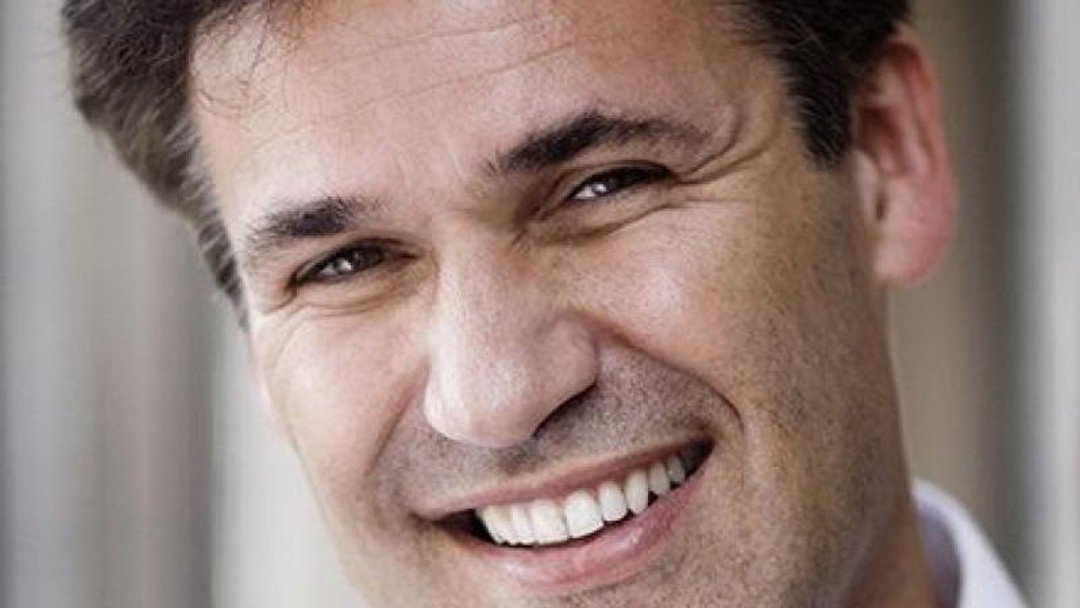Susskind attacks CJC for dismissing online dispute resolution

IT expert warns of 'inevitable move' away from sole practices and small firms
Professor Richard Susskind, the Lord Chief Justice’s IT adviser, has attacked the Civil Justice Council for “failing to even look into” the potential of online dispute resolution schemes.
Speaking at the Westminster Legal Policy Forum this morning, Susskind said while many judges were outstanding, they were let down by “antediluvian” court processes.
“We have to think whether, when dealing with disputes, we need to physically converge in courts,” he said.
“We should at least be exploring the use of technology in dispute resolution.”
He gave as an example of "irrational rejectionism" the Civil Justice Council's failure to agree with him that it should "even look into the potential" of online dispute resolution.
Susskind said that of the millions of disputes arising out of transactions on ebay, only a tiny number were not resolved through online dispute resolution. He mentioned California-based online dispute resolution site Modria as one example of what could be done.
The professor said that legal aid needed to be rethought and neither side in the debate had a “plausible alternative narrative”.
Susskind went on: “We need to stop fixating on costs and pricing as if that’s what it’s all about.
“If you want to reduce spending on legal aid by 30 to 50 per cent, the same kind of savings that general counsel are looking for, the way you work has to be revisited. It’s not about pricing differently, it’s about working differently.”
Susskind questioned whether sole practices, which currently made around 40 per cent of law firms, could make the changes which the new legal services market demanded.
“How on earth, if you’re working on your own, can you make the necessary economies of scale or savings from technology?” he asked. “It’s like asking someone to change a wheel in a moving car.
“You need more than one or two people, because of the emotional effect and sheer time involved in changing the way you practice while continuing to run.”
The professor predicted an “inevitable move” towards larger law firms.
He admitted to being a “huge fan” of ABSs and though he did not expect change “overnight” as a result of their arrival, he predicted a “major and positive” transformation of the market in 10 years’ time.
“Innovation is coming from the new players in the market,” he said. “The rest are trying to squeeze out as much as they can from the existing business model.”
Later, in the panel debate that followed, Steve Brooker, legal services consumer panel manager, cautioned that although legal websites offered new opportunities to widen access to justice, they should be seen as “a complement not a substitute” for conventional legal services.
He said websites carried new risks for consumers over issues such as privacy, complex pricing and system failure.
Brooker added that only around one per cent of legal consumers were using comparison websites, which could make it quicker and easier to make choices.
“Websites like tripadvisor help build reputations rather than destroy them,” he added.
